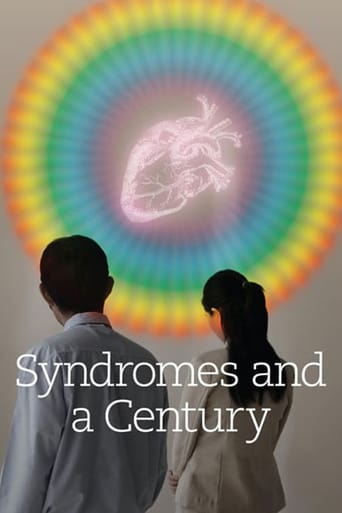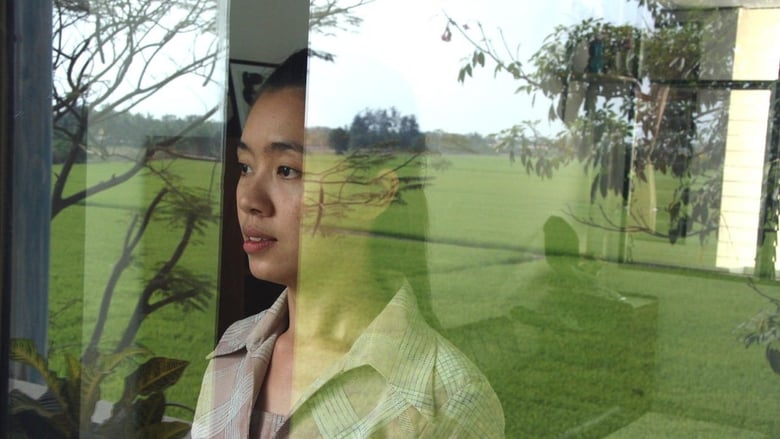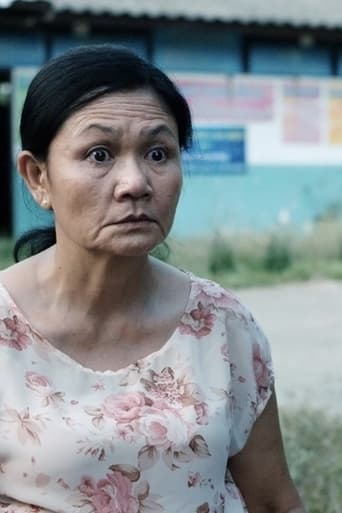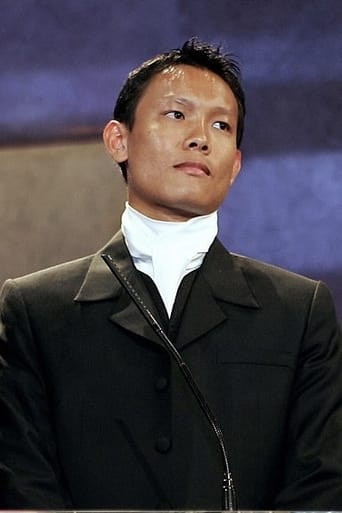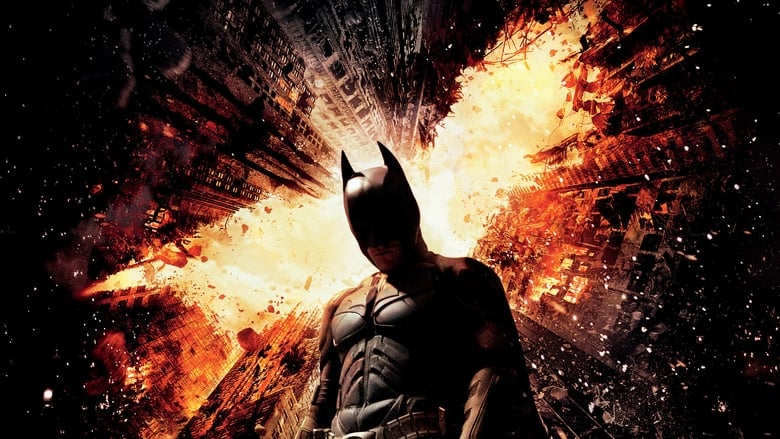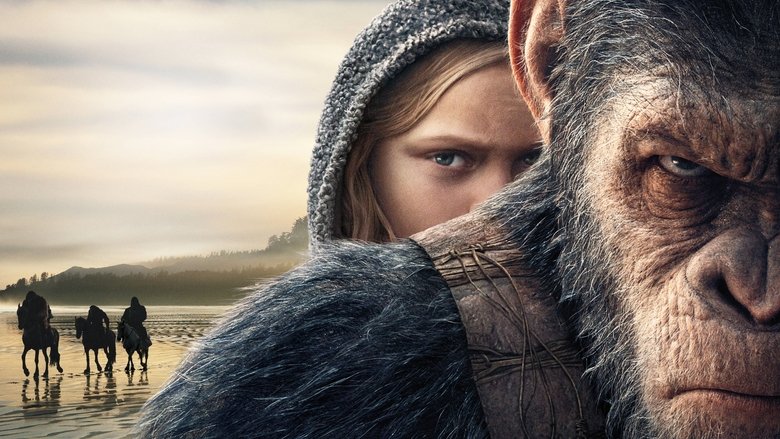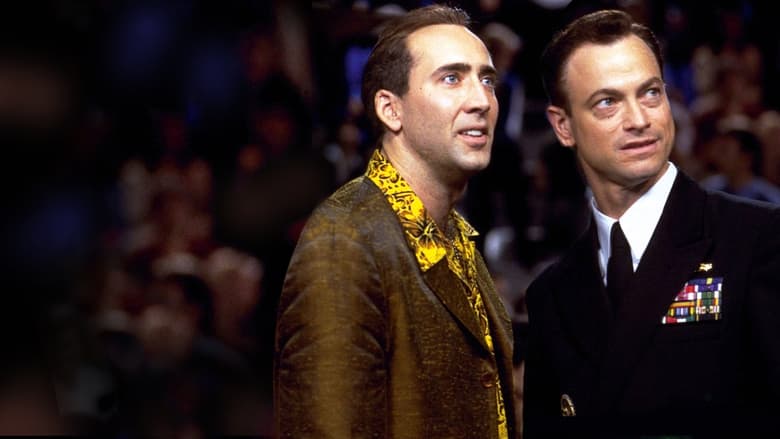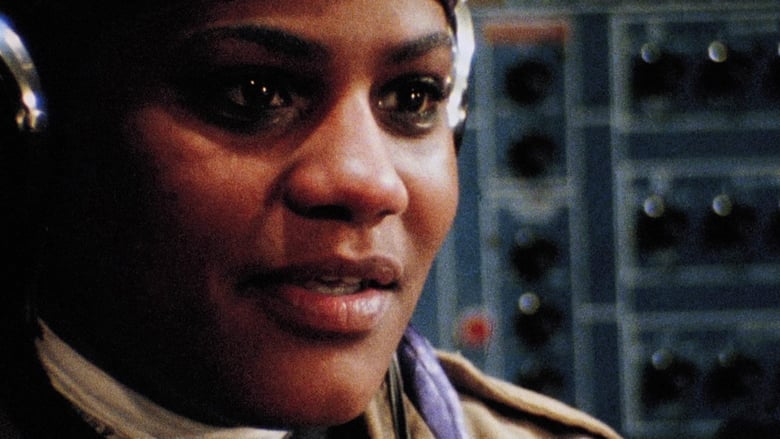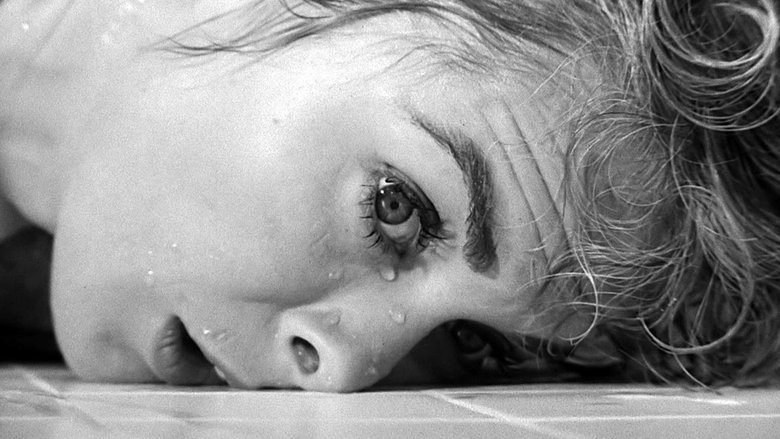A story about director Apichatpong Weerasethakul’s parents who were both doctors, and his memories of growing up in a hospital environment.


Similar titles

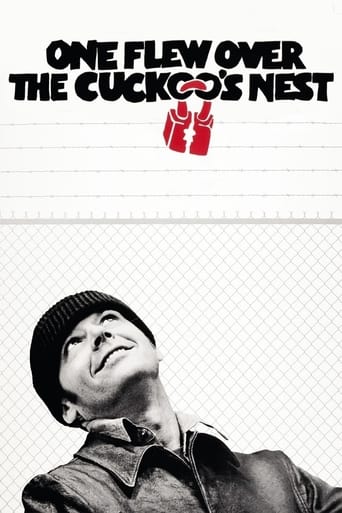
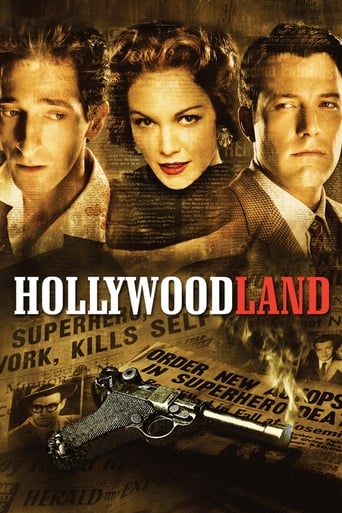
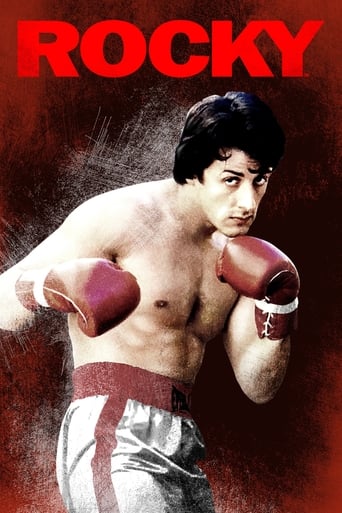
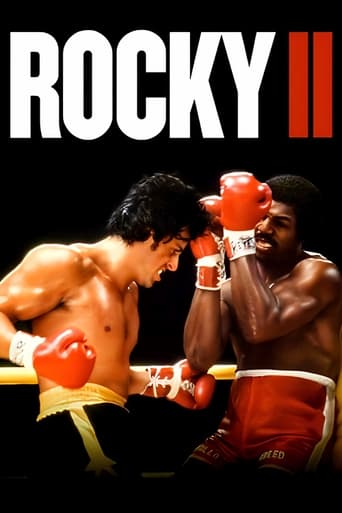
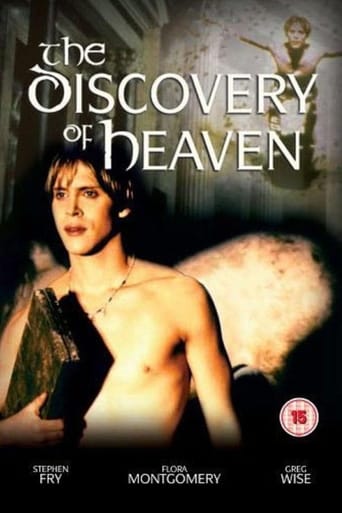
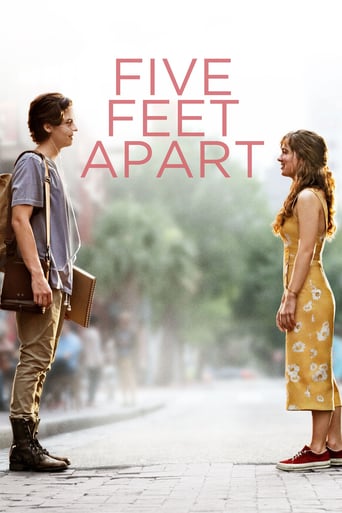
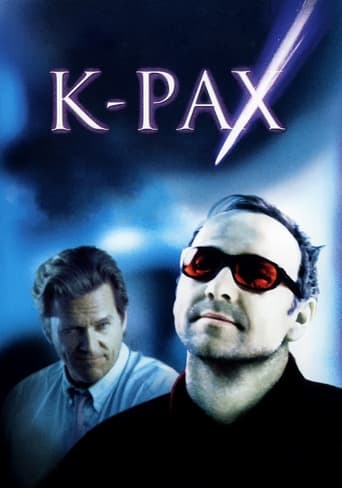
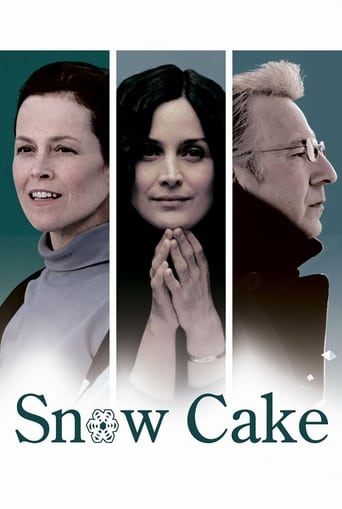
Reviews
"It is no measure of health to be well adjusted to a profoundly sick society." - Jiddu Krishnamurti Apichatpong Weerasethakul directs "Syndromes and a Century". Set in Thailand, the film's first half sees a pair of medical practitioners (Dr Toey and Dr Nohng) attending a rural hospital in the 1970s. Its second half sees the same characters working in a contemporary urban hospital. Both characters are based on Weerasethakul's own parents.Significantly, Toey and Nohng do not become romantically involved in either half of the film. Indeed, they are oblivious to one another, a facet which Weerasethakul turns into a giant metaphor: what does the world look like when we do not notice one another? What does the world look like when two people do not come together? What does the world look like when we refuse to see, acknowledge or understand what is around us? Weerasethakul's answer is blunt: cold, callous and inhumane."Syndrome's" first and second halves are packed with subtle echoes, all of which point to the effects of a global capitalism which is slowly etching its way into Tailand's rural landscape. Like several of Weerasethakul's films ("Tropical Malady" etc), "Syndrome's" title thus alludes to an all-encompassing illness, a syndrome which its characters are themselves oblivious to. Observe, for example, how Dr Toey repeatedly asks for the definition of DDT (a poisonous chemical), whilst one of Dr Nohng's patients is a kid who has been mysteriously poisoned.Weerasethakul touches upon this "malady of modernity" in other ways. One's man illness shift from "bad karma" to "cholesterol", we watch as religion is slowly jettisoned, Buddhist statues become neglected, lunch breaks are spent discussing ring-tones, Nohng has acquired a bride who is preoccupied with work, alcoholism is on the rise, the young dismiss Chakra, the nervousness of first love is replaced with vulgar erections and the tranquillity of old Thailand is replaced by the whirlwind of urban life. Other scenes allude to different forms of alienation, eyes covered with towels, suns obfuscated by moons, lovers blocked and limbs amputated. If the film's first half seems nostalgically pensive, focused on personal stories and evocative of hazy memories, its second half is angular, hard and cold; body, spirit and environment seem irrevocably torn apart.Weerasethakul extends the film's bifurcation in other directions as well. If the film's first half stresses Nature and greens, its second half stresses urbanity and whites. If its first half stresses the Feminine, its second half stresses the Masculine. And on and on the reversals go. Doctors become patients, desire becomes rejection, community gatherings become isolated events and what were once relaxing activities become signs of anxiety. Whether Weerasethakul believes both worlds have their advantages and disadvantages, that the world itself is made tolerable only when both poles are united like lovers, is left up to the audience to decide."Syndromes and a Century" has been compared to Hou Hsiou-hsien, Tsai Ming-liang, Ozu and Edward Yang. Its real grandfather, however, is Michelangelo Antonioni. Indeed, the film's references to poisons, as well as a solar eclipse, are obvious nods to Antonioni's "Red Desert" and "The Eclipse", the latter film's climax literally lifted by Weerasethakul for the climax of his own film. But where Antonioni, who tended to focus on self-absorbed elites, was always aware of wider social/class realities, Weerasethakul's "Syndromes" seems oblivious to the more unpleasant divides between urban and rural Thailand.As a love story, "Syndromes" is unconventional. Toey and Nohng never embrace, and Toey spends most of her time pursued by other men. Another romantic subplot deals with a (possibly) homosexual dentist, whose advances are not reciprocated. This dentist sings at local events ("I normally sing of teeth and gums."), a creative outlet which doesn't seem to exist in the film's second half. The film then ends with a satirical montage, the song "Men and Work" playing whilst contemporary Thailand indulges in trendy fitness routines, electric gadgets and kitschy "return to nature" group activities. Like all of Weerasethakul's films, "Syndrome's" is beautifully shot, filled with fields of green, lazy breezes, twittering birds and meditative camera-work. Many regard it as a masterpiece.8/10 - See "Red Desert".
one of the major assets of contemporary cinema, to me, is to smoothly impose a unique stamp and vision; Apichatpong Weerasethakul has evidently honed that particular aspect. The film has a lot of detail, but it lacks, or rather, is free from a prominent structure or form. It is indeed keen to childhood memories in the way they are disconnected and earnest; the memories flow into each other.The film is peacefully and radically cut into two halves, juxtaposing natural and urban contemporary life, all the while inverting scenes. when trying to find a meaning in that, i think it is indicating the way we perceive memories. the first half might correspond with juvenile perception of memories; more in tune with nature and live at heart, almost childish (think of the guy confessing his love to the doctor). the second half might correlate to our perceptions as adults; pretty much isolated, dull and uninspired. here, the two halves replay more or less the same story: a hospital, a man, a woman, a quest for love, a monk and a few similar patterns.in absence of total bliss and transcendence experienced in Weerasethakul's later effort Uncle Boonmee, Syndromes and a Century produces a degree of completion and serenity that is mesmerizing at times.
Pusan Film Festival Reviews 8: Syndromes and a Century (Apichatpong Weerasethakul) Perhaps Apichatpong Weerasethakul's too new to the big leagues to come off as stale, as Tsai Ming-liang does - his films continue to surprise and puzzle. It's hard for me to put my finger on why I didn't like "Syndromes and a Century" as much as I was sure I would, given how enamored I am with "Blissfully Yours" and "Tropical Malady" (the latter is one of the best films of the new century). It probably didn't help that I was running on just a little sleep, the film moved incredibly slowly, and the Korean girl beside me was snoring away by the halfway point. I was expecting more of Weerasethakul's strange, lulling magic, but "Syndromes and a Century" seemed banal compared to the last two films. Still, if there's a film of the festival I'd like to see again immediately - barring Hong Sang-soo's latest - it's this one. From the opening moments you know you're in Weerasethakul territory - a close-up of modest little fellow applying for a rural hospital job as he fields increasingly absurd questions from the female interviewer whose story will be the focus of the film's first half... and after a time a slow camera movement over the balcony to the lush fields and rain forest beyond, and rolling of the credits. The movie's divided into two parts, the first supposedly set in the 1970s and about the director's mother - though you'd glean neither the mother reference or the period setting from watching the film as neither is mentioned, and the setting looks like a rural Thai hospital of the sort you'd find today. A security guard is smitten with the doctor, and she goes on to tell him of a man she may already be in love with, a farmer of rare orchids, and how she met him, in an extended flashback sequence that the director sometimes intentionally confounds with the time period of the telling of the story. The camera drifts around the hospital, where a dentist sings for a monk who at one time wanted to be a disc jockey, and down corridors and along the outside of the hospital, where an ominous low buzzing noise plays over the soundtrack as the camera languidly drifts past outside statues. In the second half the setting changes. We're now in a massive, sterile, big-city hospital, and the the rest of the film is about the man. At the start of the split the same interview from the beginning repeats itself, though the office and clothing worn by the two is different and there are slight but notable changes in the dialogue. Now the camera is pointed at the doctor conducting the interview, and this is the last time she will feature prominently in the film. After the interview the camera follows him as he goes about his duties and tries to find spare time for his beautiful girlfriend. Conversations recur, but again there are differences in the setting and dialogue. The man sneaks into a room in the basement with his girlfriend (a room used to store prosthetic limbs), followed by a very, very long shot of some kind of ventilation tube sucking smoke out of another room, and finally an outdoor dance aerobics sequence with peppy music. What this all means is anyone's guess. Few filmmakers achieve Weerasethakul's mastery of the medium and its possibilities after so few films. He knows how to convey a sense of unease and menace through banal actions or images, and he has a singular way of continuing to fold over what little narrative exists in his films until he has an unusual type of origami, the meaning or possible meanings of which the viewer is left to mull over while scratching his or her head upon exiting the theater. "Syndromes and a Century" seemed a little too plain while I watched it, yet I can't help chuckling now and then or stopping midway through a sentence to contemplate it while writing about it. Ingmar Bergman once made a remarkable comment about Andrei Tarkovsky, that Tarkovsky had opened a door to "a room I had always wanted to enter and where he was moving freely and fully at ease." Apichatpong Weerasethakul isn't a Tarkovsky, but he is opening doors; "Syndromes" sticks to the mind in weird ways.
****(some SPOILERS)**** Having seen director Apichatpong Weerasethakul's previous film Tropical Malady and thought it a bit ponderous and somewhat overrated, I walked into a Toronto film-festival screening of "Syndromes..." with low expectations. As a result, the initially playful but ultimately weighty film I saw blew me away all the more.The early deadpan scenes of Syndromes reminded me quite a bit of a humorous Thai romance, Mon-rak Transistor. Apparently, the flirtations between the shy male and confident female employees of a hospital were inspired by the true-life story behind the directors' parents first meetings. These scenes are heartfelt and contain a whole lot of viable romance and humor, yet are never saccharine. Therefore, when this narrative implodes on itself multiple times in multiple ways -- first with a (quickly abandoned but equally effective) story with the story, and then with a more sleek and modern retelling of the same initial story -- it has a very jarring effect.By the end of the film, narrative has been largely abandoned for streams of pure imagery that rival Antonioni's Eclipse and Kubrick at his best. For those interested in this kind of cinematic deconstruction, Syndromes is cinema art of the highest order, and packs an unforgettable impact.
